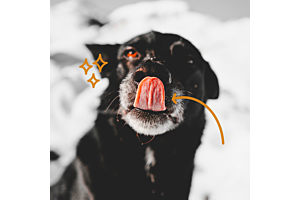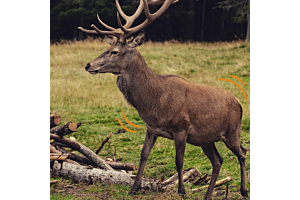Why choose poultry for your pet?
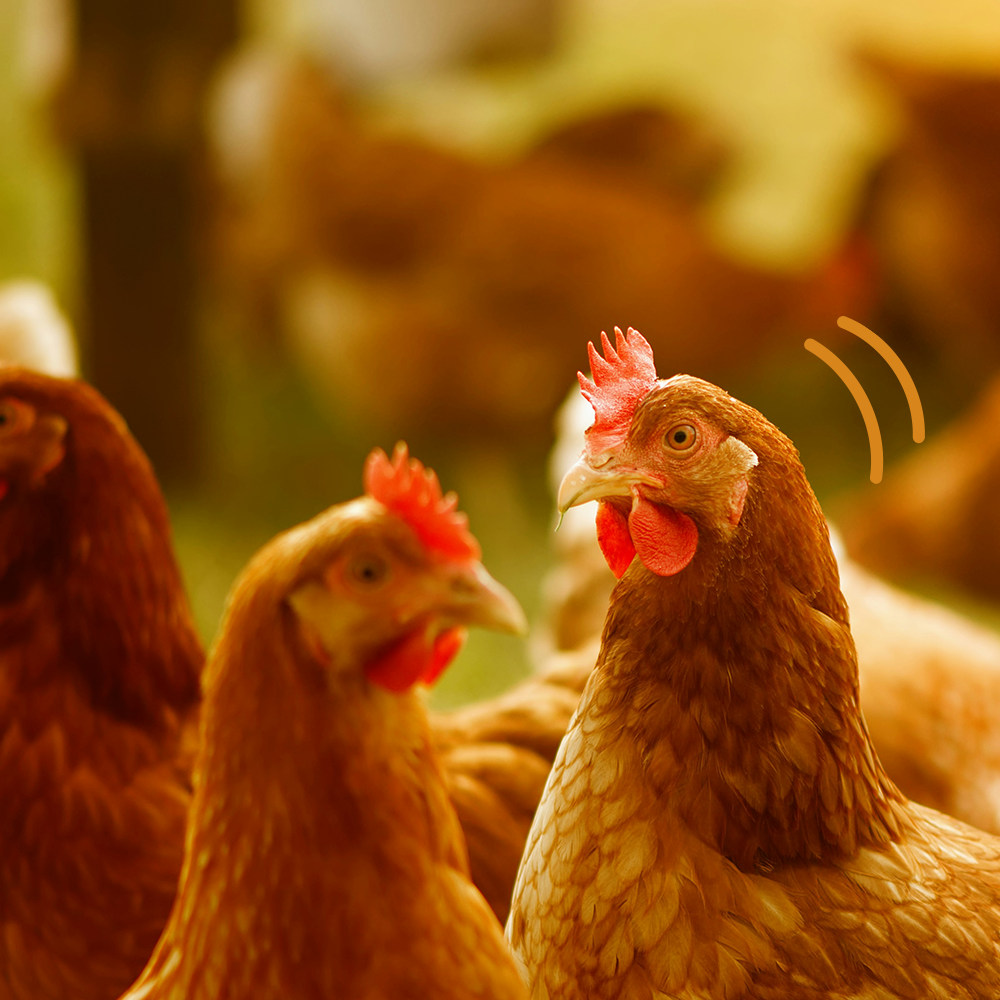


Poultry as a protein source for pets: A closer look
Poultry such as chicken, turkey, duck, and goose provides a nutritious and easily digestible protein source for pets. This type of meat is rich in essential nutrients and often leaner than red meat, making it an excellent choice for a healthy diet. There are also more unique protein sources like pigeon and ostrich, which offer added benefits.
Why choose poultry?
✅ High-quality protein: Poultry is rich in proteins essential for muscle growth and recovery.
✅ Easily digestible: Poultry meat is light on the stomach, making it ideal for pets with sensitive digestion.
✅ Low in fat: Many types of poultry are lean and contain healthy fats that support balanced nutrition.
✅ Nutrient-rich: Vitamins such as B12, iron, and zinc contribute to overall well-being.
✅ Hypoallergenic: Some types, like duck and ostrich, are hypoallergenic and great for dogs with food sensitivities or allergies.
✅ Supports gut health: The digestibility and lower fat content reduce strain on the digestive system.
Types of poultry as protein sources:
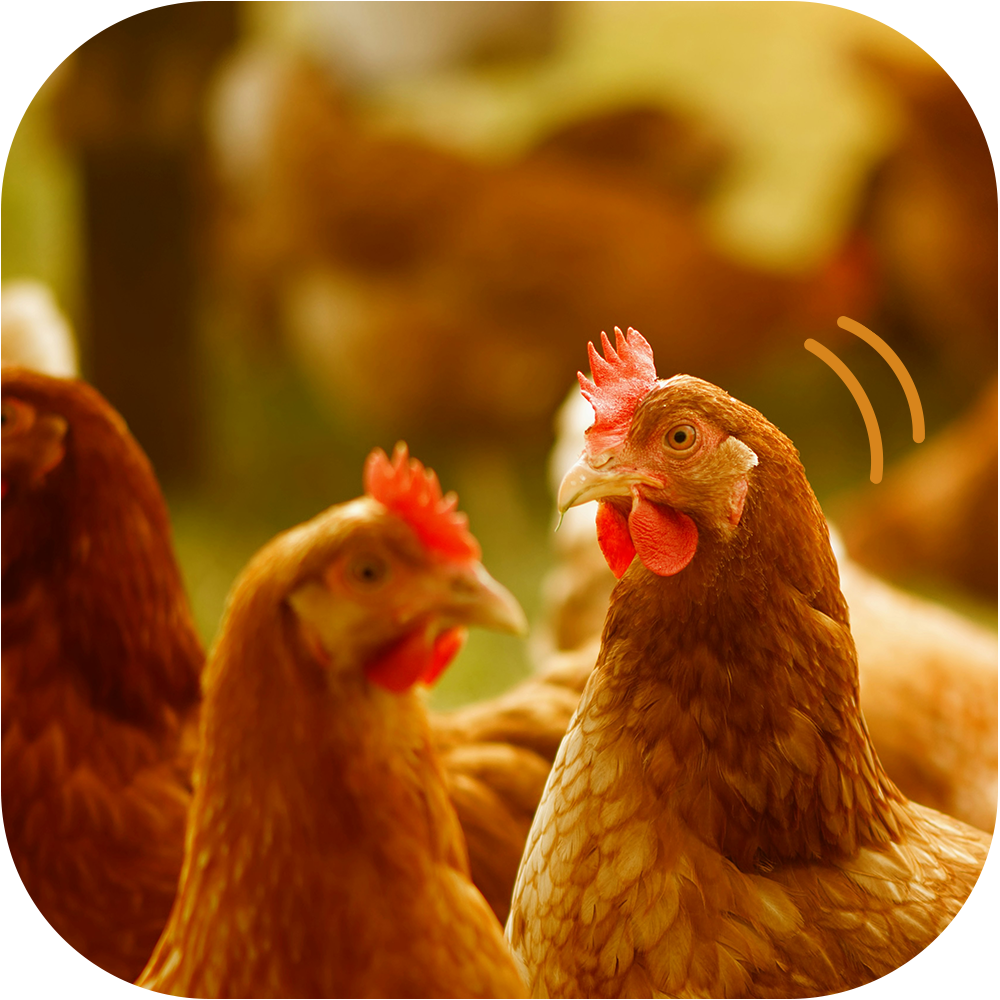

Chicken
Chicken is one of the most common protein sources in pet food. It's rich in essential amino acids and easy to digest.
Benefits of chicken meat for you pet::
✅ High in quality protein and essential amino acids
✅ Low in fat, especially breast meat
✅ Contains B6 and B12 for energy production and nervous system health
✅ Supports muscle development and immune function
Did you know? Chicken contains carnosine, a natural anti-inflammatory that may help with joint issues in older dogs.
Products in the picture: Canagan dogfood with chicken, Canagan catfood with chicken, Ydolo dogfood with chicken, Symply dogfood with chicken
Turkey
Turkey is a lean, highly digestible protein, perfect for pets with sensitivities.
Benefits of turkey meat for your pet:
✅ Lower in fat than chicken, suitable for weight management
✅ Rich in tryptophan, which promotes a calm mood
✅ Excellent source of zinc and selenium for a strong immune system
✅ Gentle on sensitive stomachs
Did you know? Turkey is high in taurine, essential for heart health, especially in larger dog breeds.
Products in the picture: Symply dogfood with turkey, Celtic Connection dog and catfood with chicken and turkey, Wolfsblut Black Bird


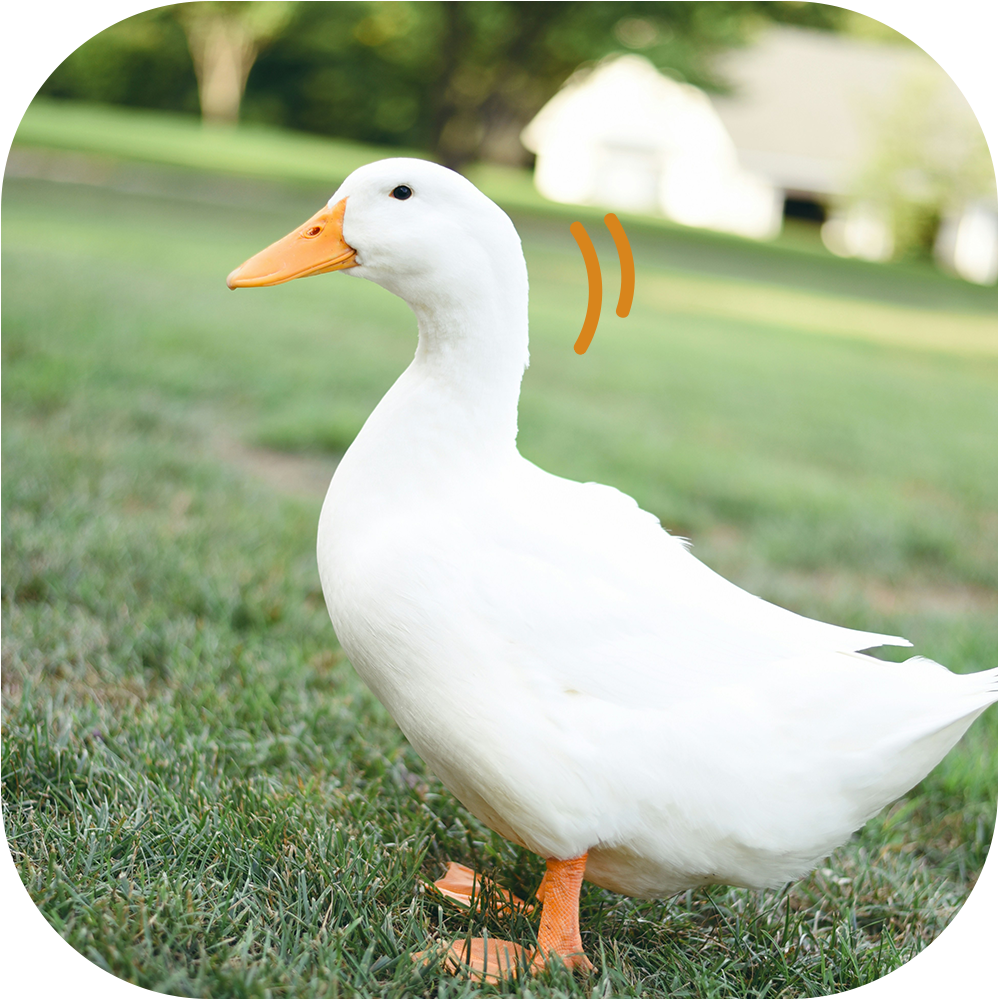

Duck
Duck meat has more fat than chicken or turkey but offers rich flavor and nutritional value.
Benefits of duck meat for your pet:
✅ High in iron, aiding red blood cell production
✅ Contains healthy fats for a shiny coat
✅ Hypoallergenic, ideal for pets allergic to chicken or beef
✅ Excellent for dogs with skin or coat issues due to high omega-3 content
Did you know? Duck is rich in vitamins A and D, essential for skin, eyes, and immunity.
Products in the picture: Wolfsblut Wild Duck, Ydolo dogfood with duck, Celtic Connection dog and catfood with duck
Goose
Less common but nutritious and flavorful.
Benefits of goose meat for your pet:
✅ Higher fat content, ideal for active pets
✅ Rich in B-vitamins and iron for energy and circulation
✅ Contains antioxidants that support immunity
✅ Great for dogs struggling to maintain weight
Did you know? Goose fat contains natural anti-inflammatories that may help with joint pain and arthritis.
Products in the picture: Celtic Connection Dry Dog Food Duck with Goose & Sweet Potato, Wolfsblut Golden Goose


Special protein sources:


Pigeon
A unique, digestible, and nutrient-dense protein.
Benefits of pigeon meat for your pet:
✅ Very lean and high in protein
✅ Low in cholesterol and saturated fat
✅ Hypoallergenic, suitable for sensitive pets
✅ Ideal for dogs allergic to chicken or beef
Did you know? Pigeon is rich in Coenzyme Q10, crucial for optimal cellular energy.
Product in the picture: Wolfsblut Wild Game
Ostrich
An exotic and nutritious choice, similar to lean beef.
Benefits of ostrich meat for your pet:
✅ Low in fat and cholesterol, high in protein
✅ Rich in iron and B-vitamins for energy production
✅ Hypoallergenic and ideal for food-intolerant pets
✅ Easily digestible for sensitive stomachs
Did you know? Ostrich contains high levels of omega-3s and carnitine, supporting heart health and fat metabolism.
Product in the picture: Wolfsblut Western Cape Dry Dog Food Adult Ostrich with Banana
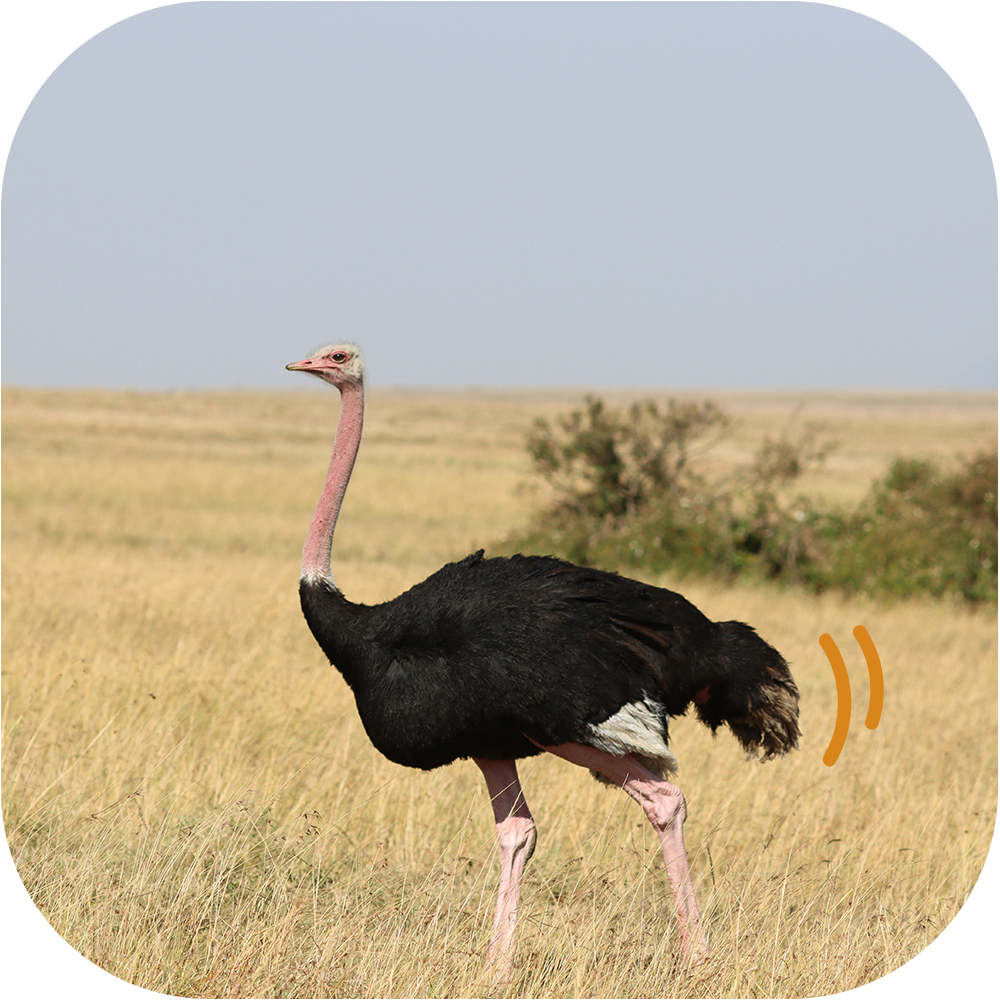

Is chicken really a common allergy in dogs?
We often hear that dogs are allergic to chicken. However, in practice, it's usually not the chicken itself but rather the quality and source of the meat that causes issues. If your dog reacts to chicken, it doesn’t necessarily mean all chicken products are problematic. Here’s why:
Why do many dogs react to chicken?
- Quality and origin:
Chicken in commercial pet foods often comes from intensive farming, with diets of grains, soy, and additives. These can leave residues in the meat and trigger reactions, especially when antibiotics and hormones are used. - Processing and additives:
Commercial kibble often contains preservatives, flavorings, and fillers that can cause food intolerances and digestive issues. - By-products vs. muscle meat:
Many foods use chicken by-products like bone meal, feathers, or low-quality meat, which are harder to digest and can provoke allergies. - Cross-reactivity:
Dogs that react to chicken may also react to similar proteins like turkey or duck due to similar structures.
How to tell if your dog is truly allergic to chicken?
You can test this by:
• Trying fresh, organic chicken: Feed raw or cooked chicken without additives and observe the response.
• Using an elimination diet: Feed a novel protein your dog hasn’t eaten before, then reintroduce chicken to monitor reactions.
• Exploring alternative proteins: If reactions persist, try hypoallergenic meats like duck, rabbit, or ostrich.
What if your dog can’t tolerate chicken?
No worries—there are plenty of alternatives:
• Duck: Higher in fat, rich in omega-3, and hypoallergenic.
• Ostrich: Easy to digest, iron-rich, ideal for allergic dogs.
• Turkey: Leaner than chicken and packed with nutrients.
• Rabbit: Hypoallergenic and one of the easiest meats to digest.
Our vision: quality above all
When choosing the right protein for your dog, quality is key. We believe many dogs aren’t allergic to chicken itself, but to how it's produced. That’s why we recommend always choosing high-quality, natural meats free of unnecessary additives. It’s the best way to ensure your dog gets the nutrition they truly deserve.



